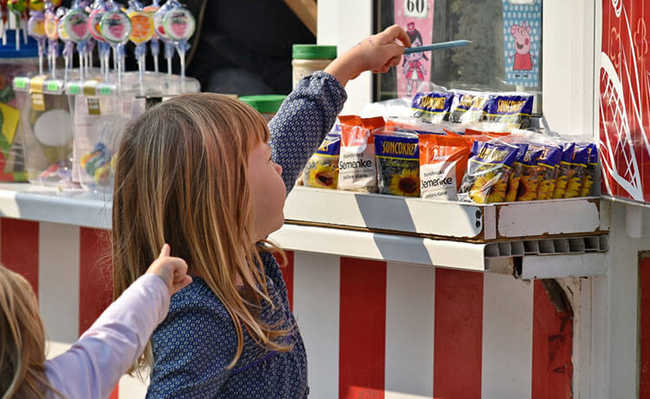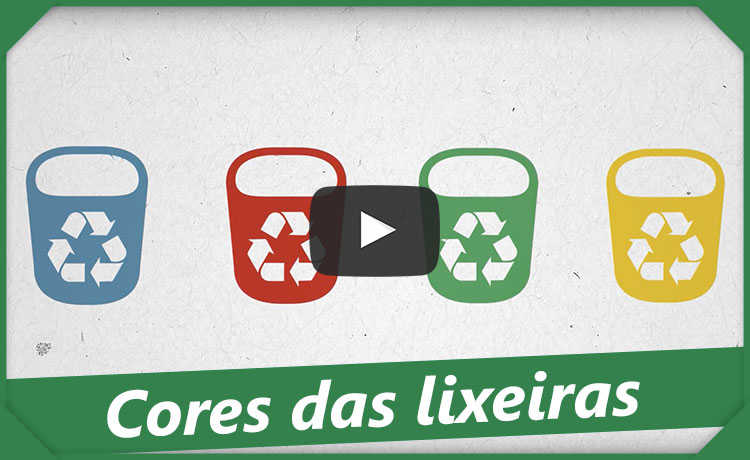Child Consumerism: How to Avoid
Encouraging child consumerism can turn children into materialistic adults, learn how to avoid this

Bicanski image in PIXNIO
Child consumerism, unfortunately, exists. A survey published in Journal of Consumer Research indicated that children who received gifts as a reward became adults more fond of material goods. The survey was conducted with 701 people, who were interviewed about their current life, their values and about their upbringing when they were younger.
Thinking about it, psychotherapist Fran Walfish (author of the book The Self-Aware Parent: Resolving Conflict and Building a Better Bond With Your Child), Susan Kuczmarski (author of the book Becoming a Happy Family: Pathways to the Family Soul) and Nancy Shah, a psychologist specializing in early childhood education, made a list of six tips to discourage childhood consumerism and prevent your child from becoming materialistic.
How to avoid child consumerism
1. It is possible to have fun spending little
Playing with your child on a budget is a great way to show them that fun and money are not necessarily linked. You can dance or sing, paint pictures, play cards and board games or just take a walk in the park. There are many possibilities to show your child that, in addition to not having a lot of money to have fun, human contact and conversations are also very important.
2. Make gratitude a habit
Always ask your child what things he is grateful for. Materialism exists as a way to fill the feeling of unhappiness with external things - focusing on the good things helps the child to be happier and therefore less materialistic.
3. Reward your child with leisure time between you
When your child is behaving especially well or doing a chore instead of rewarding him with a toy, how about taking him out on some fun activity? It could be a visit to the museum or a picnic, things that show him that experiences are more valuable than material objects.
4. Be careful what you say
If you don't want your child to be another victim of childhood consumerism, you shouldn't be either (at least when you're around him). Here the “do what I say, not what I do” has no space. Commenting on a friend's clothes or a neighbor's new car, for example, are attitudes that should be avoided. By showing that you don't value this sort of thing so much, you're setting a good example to follow.
5. Teach your child to think about the other
Avoid giving your child a selfish upbringing, as it will typically result in childhood consumerism. Encourage him to do good deeds, such as helping a fellow student to study, donating clothes and toys he no longer uses, visiting a nursing home, orphanage or animal NGO. This way you will be raising a child who has a perspective that goes beyond himself, so he won't pay as much attention to his own desires.
6. Talk about family values
Set aside some time to have family gatherings where everyone can share the five most important personal values. Then discuss how these values can be applied to everyday life. For example, if altruism is one of these values, ask your child how he could apply it in school. If generosity is on the list, give him hints of generous actions he could include in his routine. By following all these suggestions you will be contributing so that your child is not influenced (or less) by childhood consumerism.
Source: Journal of Consumer Research, Life Hacker










